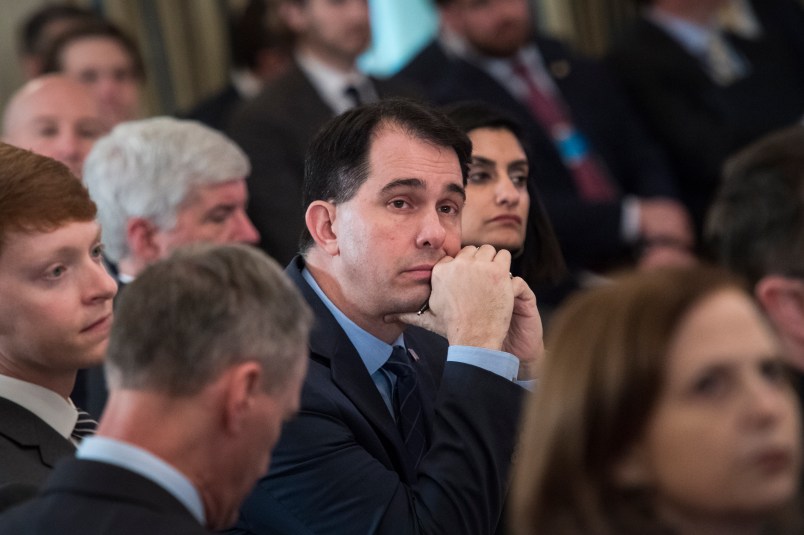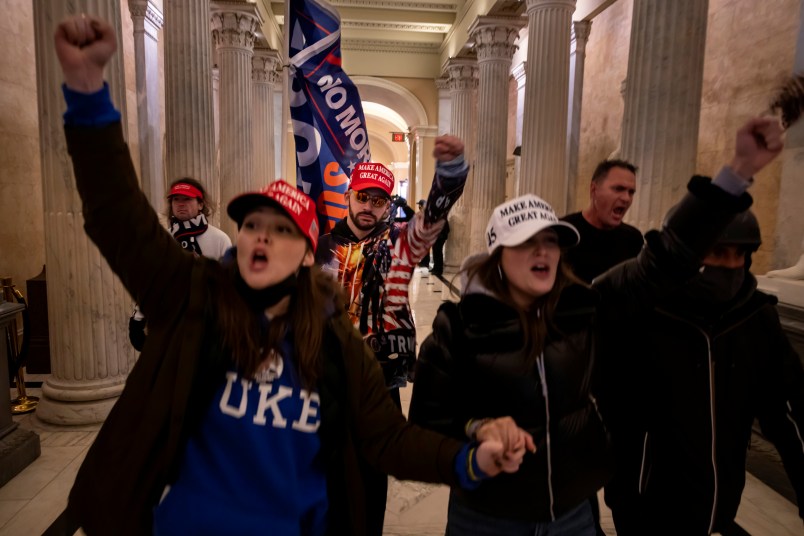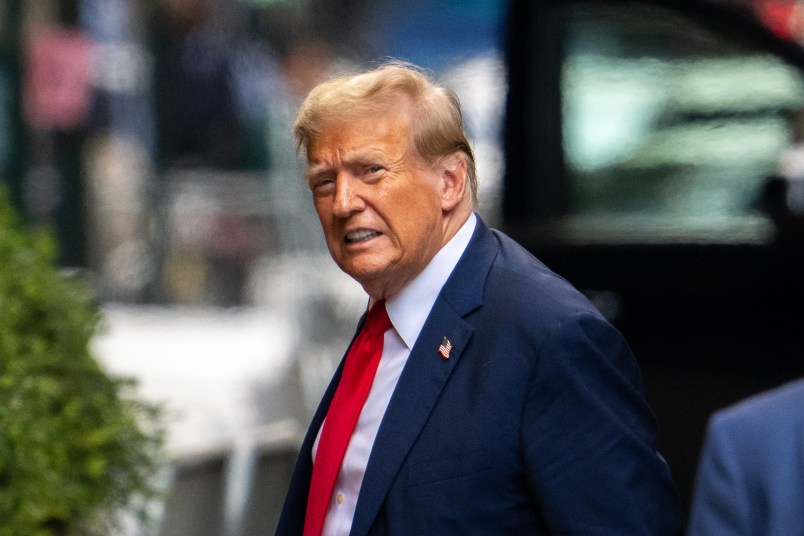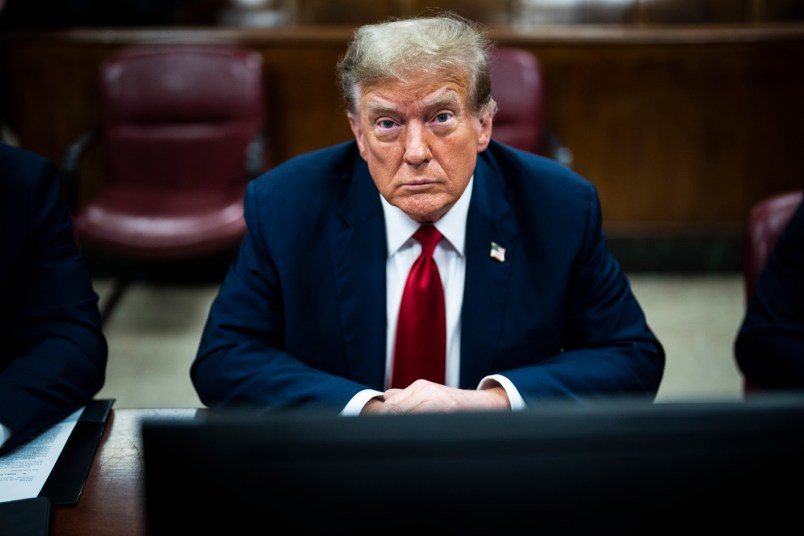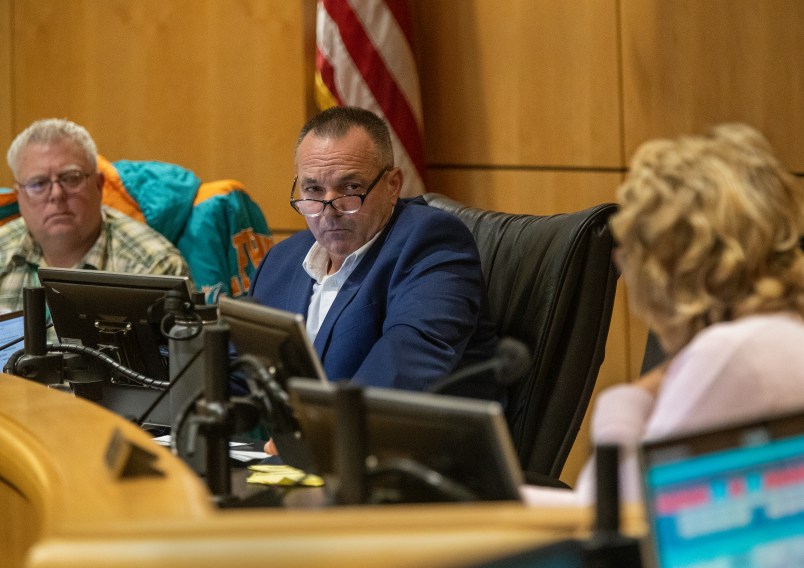MADISON, Wis. (AP) — A Wisconsin judge Thursday ordered Gov. Scott Walker to call special elections to fill a pair of legislative seats vacated by fellow Republicans, handing a victory to Democrats who have pushed for the elections to be held.
A national Democratic group led by former U.S. Attorney General Eric Holder filed the lawsuit on behalf of voters who argued they were disenfranchised by Walker’s decision not to call elections to fill the vacancies that occurred on Dec. 29.
Attorneys for Holder’s groups, the National Redistricting Foundation, argued that Walker has a legal obligation to call special elections as soon as possible. Democrats said the governor is afraid Democrats will win the seats, but Walker contends the lawsuit is a partisan, special interest effort to waste taxpayers’ money and he’s under no legal obligation to hold the elections.
Dane County Circuit Judge Josann Reynolds required Walker to issue the order calling special elections no later than March 29. Her decision was expected to be appealed.
Two voters who live in the affected districts testified they were angry and insulted they didn’t have a lawmaker to contact with their concerns.
“It’s one thing it’s vacant, it’s another thing they’re not going to fill it,” said Jennifer Meyer, who lives in the town of Scott. “We have nobody representing the interests of our district in the state Senate right now and that upsets me.”
The case turned on interpretation of state law about when special elections must be called.
The law states elections must be called if they occur before the second Tuesday in May in an election year. Walker argued that only covers vacancies that happen after Jan. 1 of the same year as the election, and since these happened on Dec. 29, 2017, he’s under no requirement to act. Plaintiffs contend the requirement applies to vacancies at any point prior to the second Tuesday of May in the election year, not just the same year as the election.
Attorney Elisabeth Frost called Walker’s arguments “illogical.”
“That is textbook voter disenfranchisement,” Frost said. “I can’t imagine a more clear case of disenfranchisement of the right to vote.”
Assistant Attorney General Steve Kilpatrick countered that while some voters may be harmed due to the vacancies, the damage does not rise to the legal requirement to force Walker to call special elections.
The pair of Republican legislators resigned two weeks after an upset Democratic victory in a state Senate district that President Donald Trump carried in 2016 and had been held by a Republican for 17 years.
The win emboldened Wisconsin Democrats who have been calling on Walker to call special elections in the other vacancies: one in the state Assembly and the other in the state Senate. Republicans hold an 18-14 majority in the Senate and a 63-35 advantage in the Assembly, so neither race threatens to change the balance of power.
Kilpatrick argued that given that the Legislature’s regular session ends on Thursday, it makes no sense to call special elections to seat someone who wouldn’t take office until after the session is over for the year. It would be a waste of money to call the elections now, he said.
“Any newly elected representatives would have nothing to vote on,” he said.
If Walker’s decision stands, constituents in the affected districts would be without representation until January. Staff members remain in the open seats to deal with constituent issues.
But Meyer, one of the voters who brought the lawsuit, testified that having staff in place isn’t the same because they can’t vote.
Democrats, including Holder’s group, have launched a coordinated effort to chip away at Republican dominance from lower-level offices on up. The fight for control of legislative chambers matters over policy debates, but also because they will be the ones who draw state and congressional political boundary lines following the 2020 Census.
The vacant Wisconsin seats were held by Republican Sen. Frank Lasee, of De Pere, and Rep. Keith Ripp, of Lodi. Both resigned to take jobs in Walker’s administration. The Senate seat, which covers the Door County peninsula northeast of Green Bay, has been under Republican control for at least the past 40 years, while Ripp held the Assembly seat, in a rural area north of Madison, since 2008.





